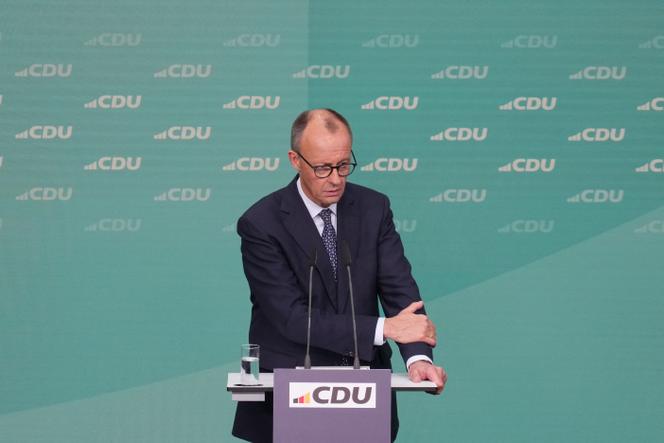


Friedrich Merz had little time to savor his victory. Just a few hours after celebrating his victory at the headquarters of the Christian Democratic Union (CDU) in Berlin on Sunday, February 23, the future German chancellor picked up the phone to talk to the Social Democratic Party (SPD), the only viable coalition partner after the election. But he also intends to talk to the Greens and Free Democratic Party (FDP), who are still in the Bundestag for another four weeks.
His goal is to gauge these parties' stances on creating a special fund for the German army or immediately reforming the "debt brake" – the constitutional mechanism blocking deficit and debt – in order to quickly free up budgetary flexibility even before the new legislature takes office.
Germany is facing military investment needs in the dozens of billions of euros, just as the Trump administration intends to scale back its commitment to European security. "After the statements from Washington last week, is it clear that we Europeans must be able to act very quickly," Merz told reporters on Monday. "The absolute priority will be to strengthen Europe as quickly as possible."
You have 77.22% of this article left to read. The rest is for subscribers only.
